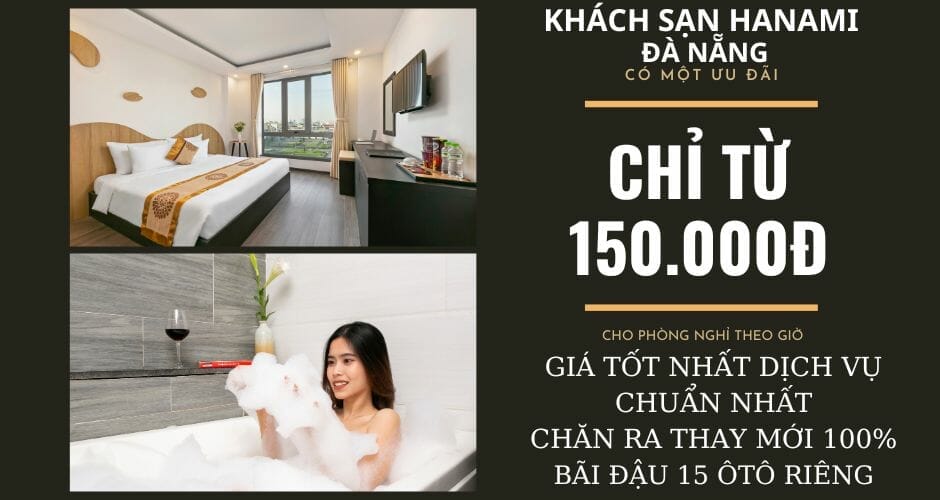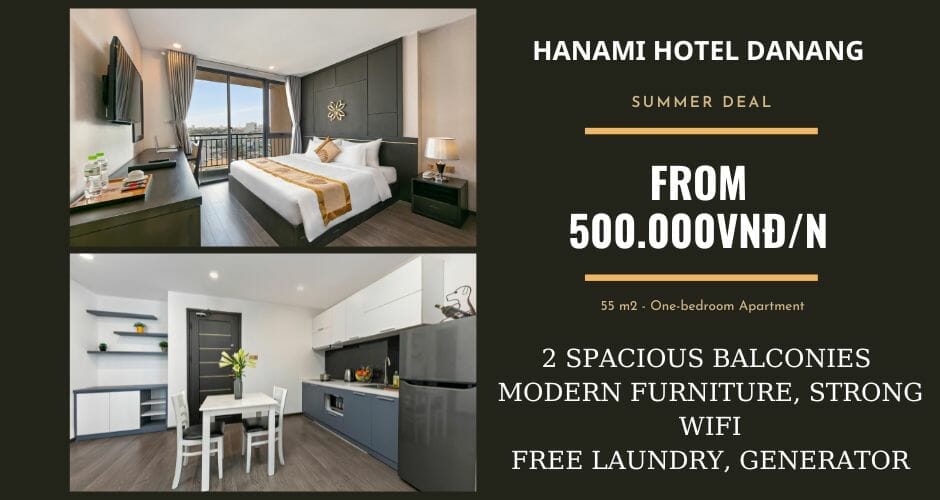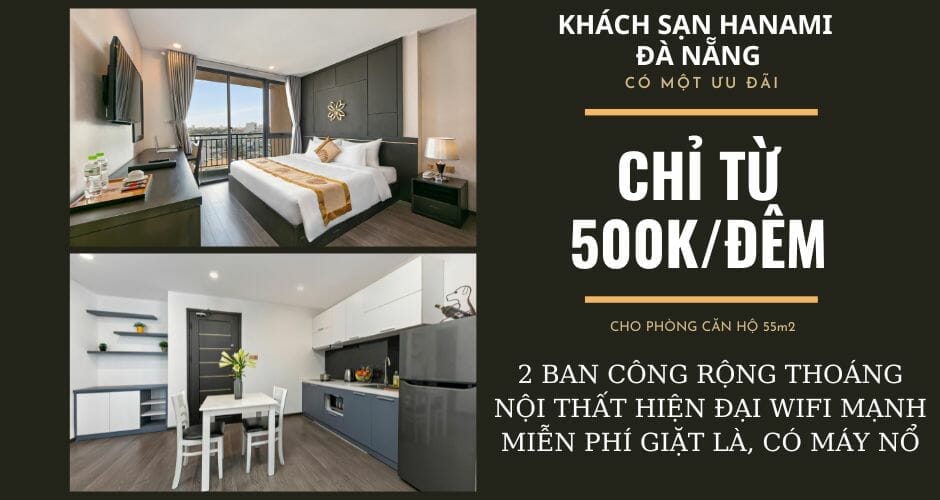The travel industry is getting more competitive than ever. Hotels are facing increasing pressure from travel apps and Marketing Metasearch platforms. Hotel properties have a wide variety of potential customers, so the ideal customer you want to reach might be different from your competitor. In addition to this, one customer may use more channels than others, therefore, creating a lot of challenges for hoteliers.
In this article, Hanami Hotel Danang will discuss metasearch, the importance of Marketing Metasearch, and how to implement it in the hotel business.
What is Marketing Metasearch in the hotel business?
Marketing metasearch is a strategy that combines strategies from search engine marketing (SEM) and search engine optimization (SEO). In short, marketing metasearch is doing SEO for your marketing. It is a way for you to increase your business’ exposure on search engines.
Marketing Metasearch also means that hotels use Metasearch tools to help hotels increase awareness, brand coverage, and bookings. Advertising on the Metasearch platform will help hotels and destinations (attached prices) appear in the search results in real time. It will have a direct link to the hotel’s website.
Depending on the hotel’s platforms, there may be additional incentives such as extra breakfast, and use of services at the hotel. All of which are free.
When a hotel does not engage in Metasearch advertising, the link will not lead to the hotel but will lead to some of the hotel’s OTA channels. If customers book through OTAs channels, the hotel will miss out on important customer information. Not only that, but the hotel will incur significant losses in order to pay commissions for these OTA channels.
This is why hotels should establish a campaign on Metasearch platforms to ensure that they do not miss any direct bookings.
How ads on Metasearch work
Depending on the platform, hotels will frequently be able to choose between two payment models via metasearch: commission-based or CPC (cost per click), in which the hotel pays the metasearch engine every time a client clicks on the hotel’s own website.
Hotels compete with other advertisers for better rankings in hotel search results by bidding on ad placements. In general, the higher the bid, the higher the rating, but other factors such as room cost, ad relevance, and the quality of the hotel’s website may also be considered.
Some super search engines also provide a pay-per-impression (PPI) option, in which the hotel pays for a certain number of impressions or views regardless of whether a click or booking occurs.
Normally, metasearch engines have worked on a pay-per-click model, but most metasearch sites now give a commission-based paid option as well. Hotels pay a commission, or a percentage of the room rate, when booking a room in a commission-based scheme, also known as cost-per-acquisition (CPA) or pay-per-stay (PPS).
With CPA, advertisers pay commissions based on sales produced rather than stays, which means commissions are due after a visitor makes an online reservation and are charged whether the guest cancels the reservation or not.
With PPS, the advertiser will only pay the commission after leaving and paying the hotel. This model is similar to the OTA model, except that metasearch commission rates are typically lower.
Each model has its advantages and disadvantages. On the one hand, CPC fees per transaction are much cheaper per transaction than commissions, but hotels must pay these fees whether or not the booking results in a stay. With the commission model, the hotel only pays when the booking is finished.
So, which payment option via marketing metasearch is the best? Checking out both is the best way to find out which is best for your hotel.
On the marketing metasearch platform, the cost-per-click model is generally more popular with hotels than the commission model. A hotel’s return on investment on CPC campaigns can be better than commission-based bookings on both supermarket and OTA search sites with a smart search strategy.
The hotel’s participation and implementation of Marketing campaigns on Metasearch will help the hotel reduce its dependence on OTA channels and increase revenue quickly. Hanami Hotel Danang hopes that the article “Metasearch Metasearch and How to Implement It in the Hotel Business” has helped readers get more useful information about the interesting platform. See you in the next post.
Về tác giả:
Chúng tôi không kiếm lợi nhuận từ nội dung đăng tải. Các bài viết đều được biên soạn và kiểm duyệt bởi đội ngũ tác giả và biên tập viên của công ty TNHH du lịch khách sạn Hana. Xem thêm: về tác giả







